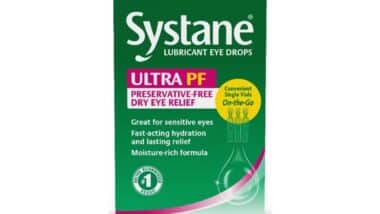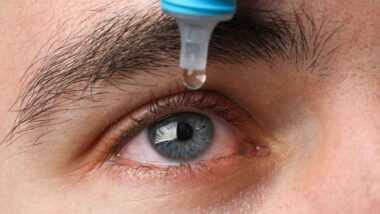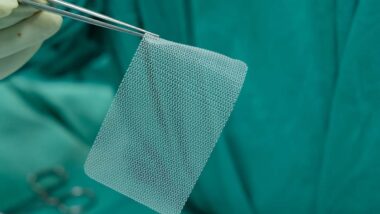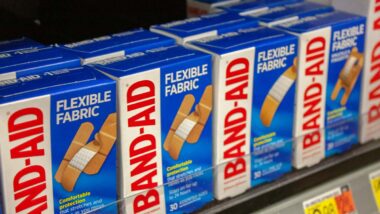Mo. Woman Sues Ethicon for Vaginal Mesh Injuries
By Amanda Antell
 Missouri plaintiff Lillie M. Tabor is suing Ethicon LLC for the injuries she allegedly sustained from their vaginal mesh product, the TVT-Obturator (TVT-O). Tabor claims she suffered painful and debilitating vaginal mesh complications from the device, including mesh erosion and infection.
Missouri plaintiff Lillie M. Tabor is suing Ethicon LLC for the injuries she allegedly sustained from their vaginal mesh product, the TVT-Obturator (TVT-O). Tabor claims she suffered painful and debilitating vaginal mesh complications from the device, including mesh erosion and infection.
Tabor initially had the device implanted on Aug. 20, 2008 to treat either her pelvic organ prolapse (POP) or stress urinary incontinence (SUI). Her vaginal mesh lawsuit does not specify which of these conditions was being treated. Soon after the device was implanted, Tabor claims she started suffering from immense lower pelvic pain, which eventually led to the removal of the mesh product.
Tabor was reportedly found to be suffering from mesh erosion and infection of the tissue surrounding the implant. According to the vaginal mesh lawsuit, the mesh had to be completely removed in order to avoid further complications. Tabor says she continues to suffer from these medical complications to this day.
According to the vaginal mesh lawsuit, at no point in time was Tabor or her physician aware of the possible side effects she could suffer from using this product. Had she known about these possibilities, Tabor says she never would have used the device.
Tabor is suing Ethicon LLC for manufacturing, selling, distributing and marketing a dangerous product. The charges in the vaginal mesh lawsuit include negligence, false advertising, concealing information and misrepresenting a product.
Overview of Vaginal Mesh Complications
The Ethicon TVT Obturator is a part of the Ethicon TVT family of vaginal mesh implants, which have been used in POP and SUI procedures for more than 11 years. They have been used to treat more than 1.5 million patients around the world, and are some of the most popular vaginal mesh implant products in the United States.
The first vaginal mesh system was created for a mother who suffered through a rough childbirth during the 1990s. After its initial success, vaginal mesh implants were approved for market use by the U.S. Food & Drug Administration (FDA) several years later. Vaginal mesh products are typically used to treat women suffering from POP and SUI. Unfortunately, there have been numerous reports of injuries from mesh tearing and erosion, leading to hundreds of lawsuits filed against the manufacturers of vaginal mesh implants.
Most legal and medical experts believe that most of these vaginal mesh complications stem from a design flaw. According to court documents, most of these vaginal mesh products were approved under the FDA’s controversial 510(k) Premarket Notification System. This approval system allows a manufacturer to start selling the proposed product without vigorous premarket testing if it can prove that the product is substantially similar to a product that has already been approved for the market.
This policy has led to many lawsuits across the country, resulting in a mass litigation movement. Tabor’s vaginal mesh lawsuit has joined ongoing multidistrict litigation (MDL) that is centered in West Virginia.
The Ethicon vaginal mesh MDL is In re: Ethicon Inc., Pelvic Repair System Products Liability Litigation, MDL No. 2327, in the U.S. District Court for the Southern District of West Virginia.
File a Vaginal Mesh Lawsuit
If you had revision surgery to repair damage caused by vaginal mesh, or you have surgery scheduled, you may qualify for compensation. Please visit the Vaginal Mesh Sling Class Action Lawsuit Investigation. There, you can submit your claim for a free legal review and if it qualifies for legal action, a seasoned vaginal mesh lawyer will contact you for a free, no-obligation consultation. You will be guided through the litigation process at no out-of-pocket expenses or hidden fees. The vaginal mesh attorneys working this investigation do not get paid until you do.
All medical device, dangerous drug and medical class action and lawsuit news updates are listed in the Drug and Medical Device section of Top Class Actions.
Top Class Actions Legal Statement














